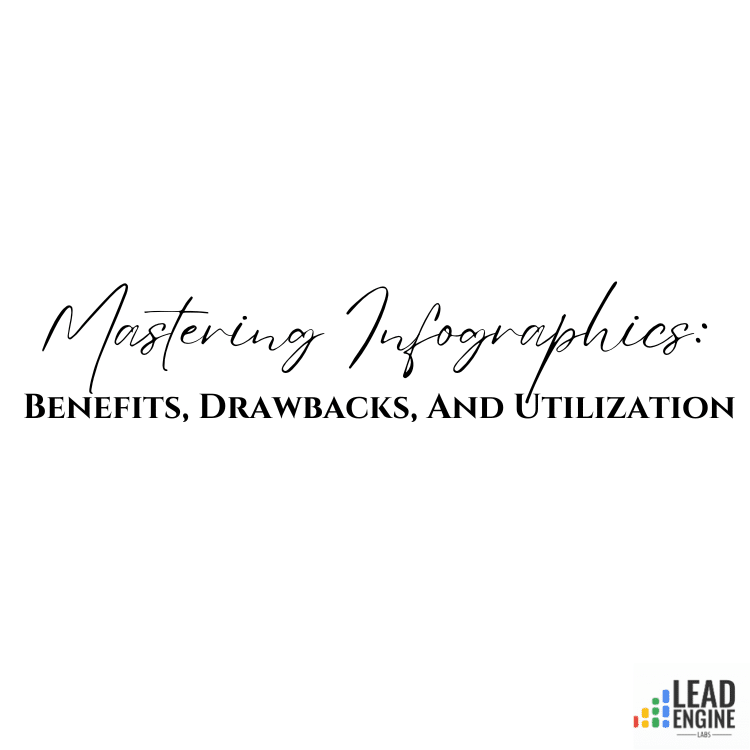As the old adage goes, ‘the pen is mightier than the sword,’ and in the world of marketing, this couldn’t be more true. Copywriters are the masterminds behind the words that have the power to persuade potential customers to take action and make a purchase. Crafting compelling copy is the key to success in any marketing campaign, and it’s the copywriter’s role to make sure that happens.

But what exactly is copywriting, and why is it so important? In short, copywriting is the art of using words to sell products and services. It’s the copywriter’s job to present information in a clear and concise way that inspires action and converts leads to sales. Whether it’s writing for websites, ads, TV commercials, or brochures, the copywriter’s work requires a creative mindset and strategic thinking, as well as thorough research and collaboration with account and design teams.
In this article, we’ll explore the role of a copywriter in crafting compelling copy that captures the attention of your target audience and inspires them to take action.
Key Takeaways
- A copywriter writes copy to convert leads to sales and presents complex material in a clear and concise way.
- The job involves working for marketing or advertising agencies, or internally within a company’s marketing department, and writing for various marketing materials such as websites, ads, TV commercials, and brochures.
- Thorough research and interviews are required for every client’s industry, products, services, branding, and marketing, and the most successful candidate will be a quick learner with a versatile writing style.
- The ultimate goal of a copywriter is to inspire action and convert leads to sales, and the job description should accurately reflect the copywriter role, include company culture and values, and stand out from the competition to attract the best people to apply.
The Importance of Copywriting
Did you know that 90% of consumers say that good copywriting is essential in making a purchasing decision? This highlights the importance of having a skilled copywriter on your team.

As a copywriter, your role is to craft compelling copy that not only informs but also persuades your audience to take action. A well-written piece of copy can make all the difference in a consumer’s purchasing decision, and that’s where you come in.
Your job as a copywriter is to create content that engages and resonates with your audience on a deeper level. You have the power to evoke emotions, create desire, and ultimately drive conversions.
The ability to craft compelling copy is a valuable skill that sets you apart in the world of marketing. Whether it’s writing for websites, ads, or brochures, your words have the power to inspire action and drive results.
So, embrace the importance of copywriting and use your skills to make a lasting impact.
Writing Compelling Copy for Marketing Materials
You’re responsible for writing the content of marketing materials such as websites, advertisements, TV commercials, and brochures. Your job is to educate and persuade potential customers while conveying the company’s branding and messaging. You need to write creatively and strategically, using language that resonates with the target audience. Your words should inspire action and ultimately lead to sales.

To be successful in writing for marketing materials, you need to conduct thorough research and interviews to understand the industry, products, services, and target audience. You need to work closely with the design and account teams, ensuring that the copy and visuals work together to create a cohesive message.
Your writing should be clear and concise, making complex information easy to understand. You’re a key player in the marketing team, and your role is crucial in driving the success of the company’s marketing campaigns.
Qualities of a Successful Copywriter
When looking for a successful copywriter, it’s important to find someone who has a versatile writing style, is a quick learner, and can think strategically while writing creatively.
A copywriter should be able to adapt their writing style to fit the needs of each individual project, from writing catchy headlines for ads to creating informative website content. They should also be able to quickly learn about a client’s industry, products, and services, and use that knowledge to craft compelling copy that educates and persuades.
In addition to being versatile and quick on their feet, a successful copywriter should also have a strategic mindset. They need to be able to think critically about a client’s goals and target audience in order to create copy that effectively inspires action.
But it’s not just about strategy – a great copywriter also needs to be able to write creatively, using language that engages and excites readers.
By finding someone who possesses these qualities, you can be confident that your marketing materials will be well-written, effective, and engaging.
Frequently Asked Questions
What are some common mistakes that copywriters make and how can they be avoided?
You get lost in the weeds, failing to see the forest for the trees. Keep the big picture in mind and focus on the end goal. Don’t forget to proofread for errors.
How do copywriters tailor their writing to different target audiences?
To tailor your writing to different target audiences, identify their needs and preferences, and use language and tone that resonates with them. Research their demographics and psychographics, and craft messages that inspire action and build trust.
What role does SEO play in copywriting and how can it be effectively integrated into content?
SEO plays a crucial role in copywriting as 75% of people never scroll past the first page of search results. Effectively integrating SEO into content can improve visibility, traffic, and ultimately, conversions for your website.
How do copywriters measure the success of their writing and make improvements?
Measure success and make improvements as a copywriter by analyzing metrics such as click-through rates, conversion rates, and engagement. Continually refine your writing skills through feedback and experimentation to increase effectiveness and achieve desired results.
How do copywriters stay up-to-date with industry trends and adapt their writing accordingly?
Stay up-to-date with industry trends by attending conferences, reading industry publications, and following thought leaders on social media. Adapt your writing by incorporating new industry keywords and techniques, and testing them to see what resonates with your audience.




